
Dikhil: The Gateway to Djibouti's Hidden Treasures
Dikhil, a charming town in Djibouti, invites travelers to explore its unique blend of culture, history, and natural beauty. Nestled in the southern part of the country, Dikhil serves as an ideal starting point for adventures into Djibouti's less-traveled regions. The town is known for its warm hospitality and vibrant local life, making it a perfect retreat for those looking to experience the authentic heart of Djibouti. One of Dikhil's most captivating features is its proximity to Lake Abbe, a surreal, otherworldly landscape dotted with towering limestone chimneys. This breathtaking location has been the backdrop for many films and offers visitors a chance to witness one of nature's most extraordinary spectacles. The sunrise and sunset over the lake are particularly stunning, with colors that seem to paint the sky in hues of orange and pink. In the town itself, the local markets bustle with activity, offering a glimpse into everyday life. Here, you can find traditional Djiboutian crafts, spices, and textiles. The markets are a sensory delight, filled with the aromas of local cuisine and the vibrant colors of handcrafted goods. Don't miss the opportunity to try some traditional dishes, which combine African, French, and Arab influences into a unique culinary experience. For those interested in history, Dikhil is home to several ancient archaeological sites. These sites provide insight into the region's rich past, from ancient trade routes to early human settlements. Exploring these historical treasures can give visitors a deeper appreciation for the area's significance over the millennia. Whether you're drawn to its natural wonders, cultural richness, or historical landmarks, Dikhil offers a unique and unforgettable travel experience. It's a place where you can connect with nature, engage with local traditions, and uncover the stories of the past, all while enjoying the warm and welcoming atmosphere of this remarkable town.
Local tips in Dikhil
- Visit Lake Abbe at sunrise or sunset for the best views and photo opportunities.
- Explore local markets early in the morning to experience the vibrant atmosphere and find the freshest produce and crafts.
- Hire a local guide to visit archaeological sites for a more informative and enriching experience.
- Try traditional Djiboutian dishes at local eateries for an authentic taste of the region's cuisine.
- Pack lightweight and breathable clothing as Dikhil can be quite hot, especially during the summer months.
Dikhil: The Gateway to Djibouti's Hidden Treasures
Dikhil, a charming town in Djibouti, invites travelers to explore its unique blend of culture, history, and natural beauty. Nestled in the southern part of the country, Dikhil serves as an ideal starting point for adventures into Djibouti's less-traveled regions. The town is known for its warm hospitality and vibrant local life, making it a perfect retreat for those looking to experience the authentic heart of Djibouti. One of Dikhil's most captivating features is its proximity to Lake Abbe, a surreal, otherworldly landscape dotted with towering limestone chimneys. This breathtaking location has been the backdrop for many films and offers visitors a chance to witness one of nature's most extraordinary spectacles. The sunrise and sunset over the lake are particularly stunning, with colors that seem to paint the sky in hues of orange and pink. In the town itself, the local markets bustle with activity, offering a glimpse into everyday life. Here, you can find traditional Djiboutian crafts, spices, and textiles. The markets are a sensory delight, filled with the aromas of local cuisine and the vibrant colors of handcrafted goods. Don't miss the opportunity to try some traditional dishes, which combine African, French, and Arab influences into a unique culinary experience. For those interested in history, Dikhil is home to several ancient archaeological sites. These sites provide insight into the region's rich past, from ancient trade routes to early human settlements. Exploring these historical treasures can give visitors a deeper appreciation for the area's significance over the millennia. Whether you're drawn to its natural wonders, cultural richness, or historical landmarks, Dikhil offers a unique and unforgettable travel experience. It's a place where you can connect with nature, engage with local traditions, and uncover the stories of the past, all while enjoying the warm and welcoming atmosphere of this remarkable town.
When is the best time to go to Dikhil?
Iconic landmarks you can’t miss
Mosquée Al-Hamoudi
Discover the historical Mosquée Al-Hamoudi in Djibouti City, a symbol of Islamic heritage and architectural beauty, located near Place Mahmoud Harbi.
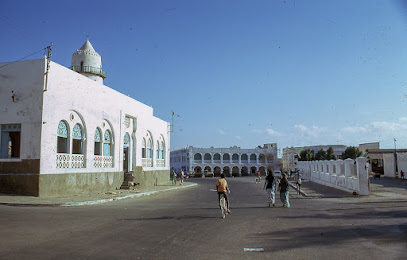
The People's Palace
A landmark in Djibouti City, the People's Palace symbolizes the nation's freedom and hosts cultural events, reflecting Djibouti's heritage.
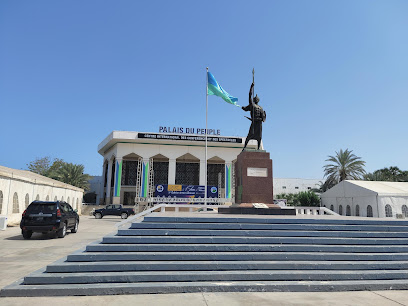
Day Forest National Park
Discover Djibouti's hidden gem: a lush, high-altitude forest teeming with unique wildlife and stunning scenery in the heart of the Goda Mountains.
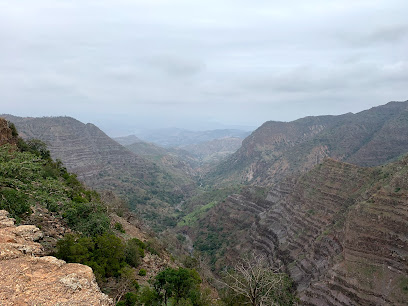
DECAN Refuge
Discover Djibouti's wildlife at DECAN Refuge, a sanctuary dedicated to conservation, rehabilitation, and environmental education.
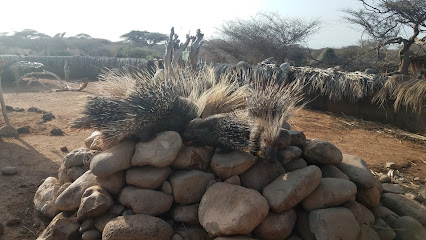
Parking Place Menelik
Discover Djibouti's vibrant streets and culture with convenient parking at Menelik Parking, your gateway to an unforgettable journey.
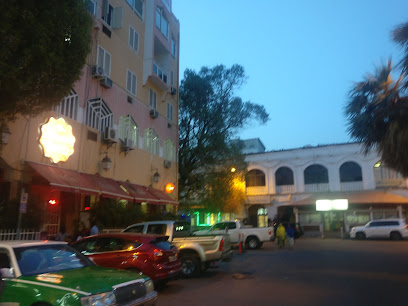
Mosquée de Dikhil
Discover the spiritual heart of Dikhil at its central mosque, a testament to the town's Islamic heritage in Djibouti.
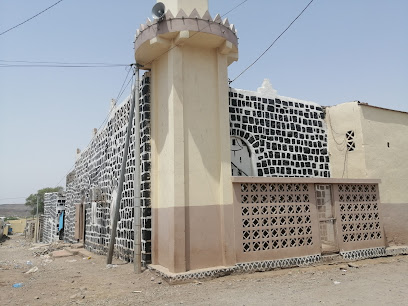
Ali Sabieh Mountain
Discover Ali Sabieh Mountain, a landmark etched with Djibouti's history and offering stunning panoramic views of the region.
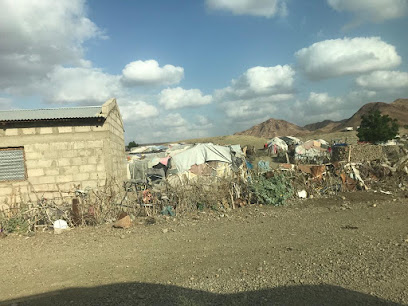
Place de Dikhil
Discover Djibouti's hidden gems from Place de Dikhil: Tours, culture, and adventure await in this vibrant transportation hub.

Asa Koma
Explore Asa Koma, Djibouti: Uncover Neolithic secrets at this archaeological site, revealing early pastoral life in the Horn of Africa.
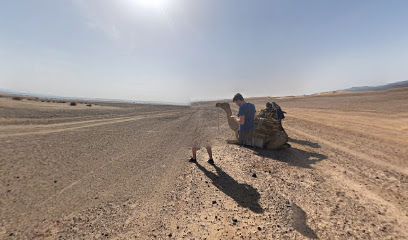
Essential places to dine
Melting Pot
Experience the diverse flavors of Djibouti at Melting Pot - from sushi to steak, indulge in a culinary adventure!
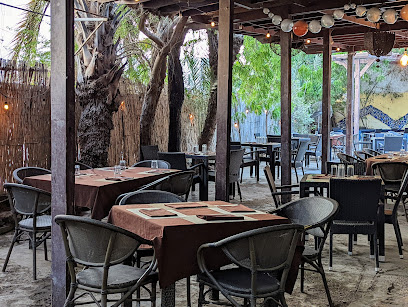
Pizzaiolo Haramous
Experience authentic Italian cuisine infused with local flavors at Pizzaiolo Haramous in Djibouti—an unforgettable dining adventure awaits.
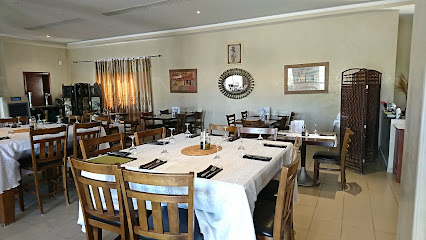
Signatures Restaurant Djibouti
Experience authentic Indian flavors at Signatures Restaurant Djibouti – where every dish tells a story.
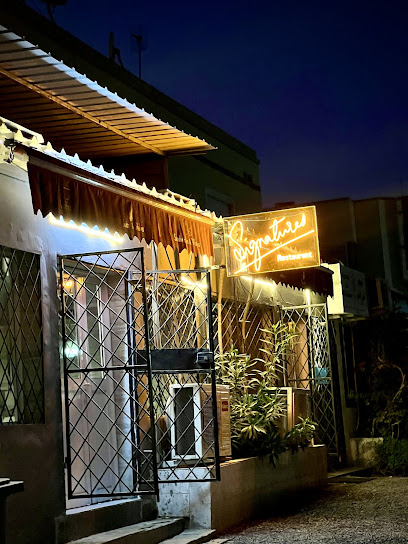
Moonlight Restaurant
Experience the vibrant flavors of Djibouti at Moonlight Restaurant, where local meets international in a delightful dining atmosphere.
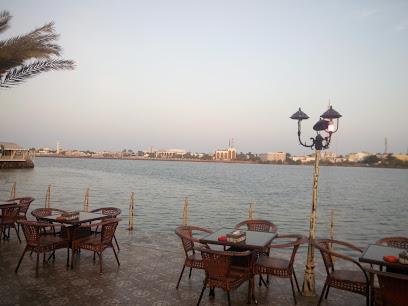
Café de la Gare
Experience authentic French cuisine at Café de la Gare in Djibouti - where every meal is a delightful journey through taste.
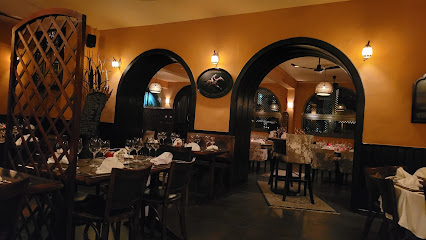
Al-Basha Bin Madi Restaurant
Discover the rich flavors of Yemenite cuisine at Al-Basha Bin Madi Restaurant in Djibouti - where every dish tells a story.
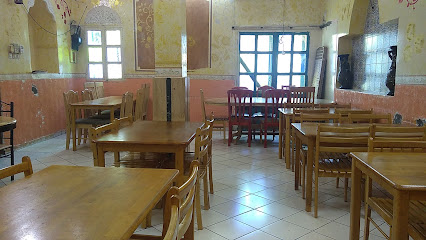
Singh's Restaurant
Discover the authentic flavors of India at Singh's Restaurant in Djibouti, where every dish tells a story of tradition and taste.
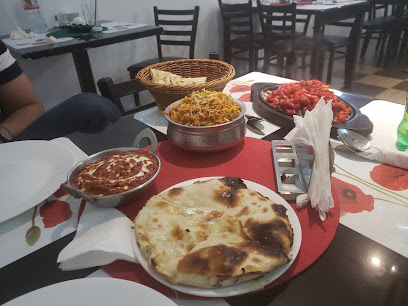
Janateyn Yemeni restaurant
Discover authentic Yemeni cuisine in Djibouti at Janateyn Yemeni Restaurant - where every dish tells a story.
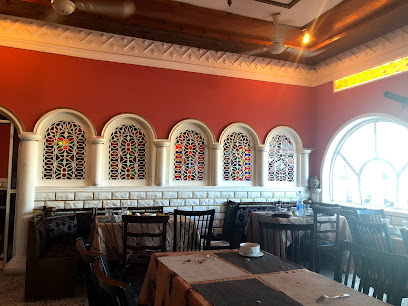
Le Santal
Discover authentic Indian cuisine at Le Santal in Djibouti – where every meal is a celebration of flavor and culture.
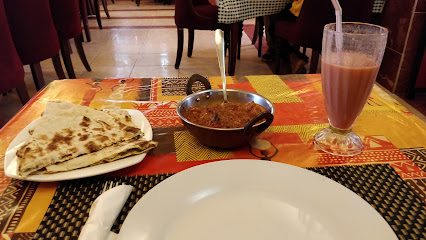
Beach House
Discover exquisite flavors and breathtaking views at Beach House, Djibouti's premier restaurant offering a taste of local and international cuisine.
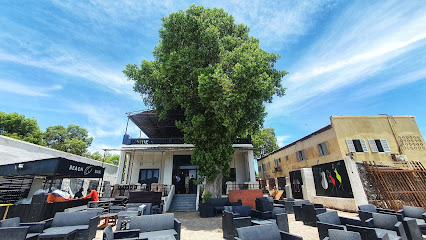
بن ماضي المندي
Experience authentic Yemeni cuisine at بن ماضي المندي in Djibouti—where tradition meets flavor.
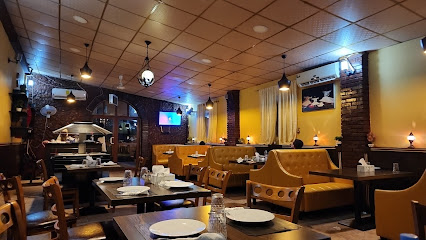
Restaurant NUMBER 1
Discover the flavors of Djibouti at Restaurant NUMBER 1 – a must-visit destination for authentic local cuisine and warm hospitality.
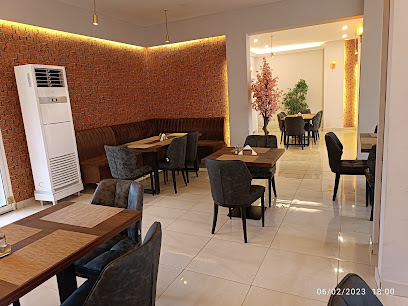
Restaurant Le Longchamp مطبخ بن ماضي
Experience authentic Djiboutian cuisine at Restaurant Le Longchamp – where tradition meets flavor in an inviting atmosphere.
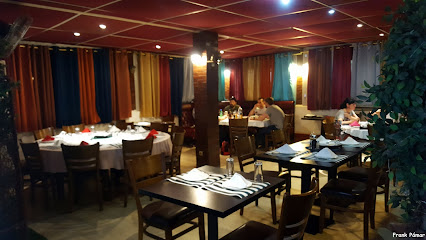
Jules Verne
Discover exquisite local cuisine at Jules Verne in Djibouti - where every dish tells a story of flavor and tradition.
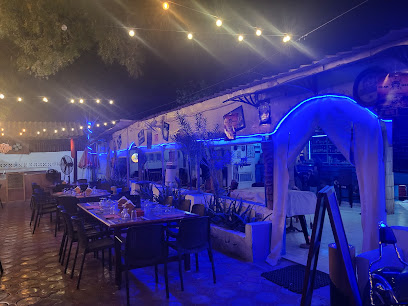
QG Pub & Resto
Experience authentic Djiboutian barbecue at QG Pub & Resto, where every meal is a celebration of flavor and hospitality.
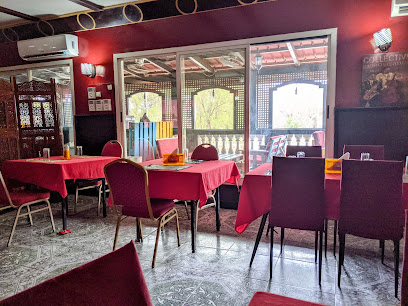
Markets, malls and hidden boutiques
Boutique Ibrahim Moussa
Explore Boutique Ibrahim Moussa: A cultural treasure trove in Dikhil, Djibouti, for unique handicrafts and authentic local experiences.
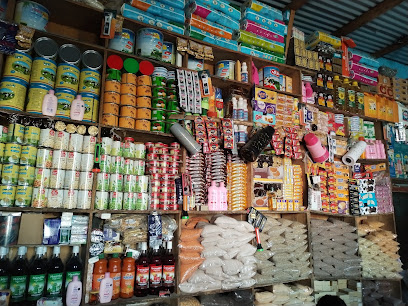
Abdillahi Saïd boutique
Explore the artistic charm of Dikhil at Abdillahi Saïd Boutique, where unique posters capture the essence of local culture and craftsmanship.
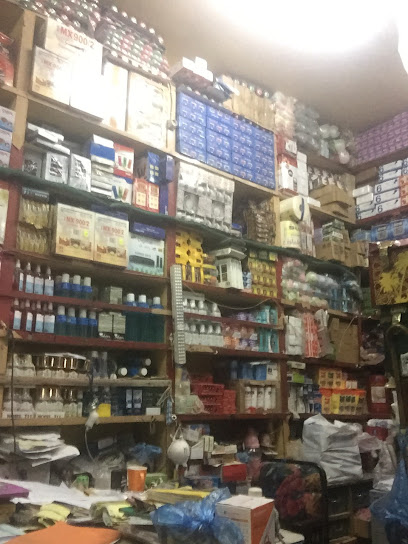
Djibouti dikhil
Discover the perfect blend of beauty and travel convenience at Djibouti Dikhil, your go-to spot for relaxation and adventure planning.
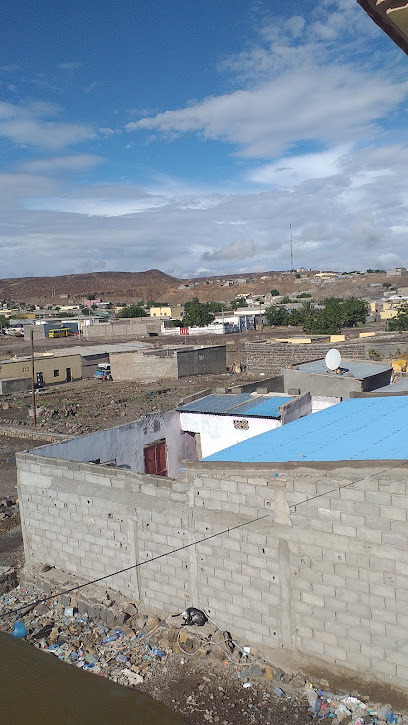
Cher OSMAN
Explore the vibrant collection of Cher OSMAN in Dikhil, where art comes alive through stunning posters reflecting local culture and creativity.

Magasin Chez Farah
Uncover the charm of Djibouti at Magasin Chez Farah, your destination for unique gifts and local treasures.
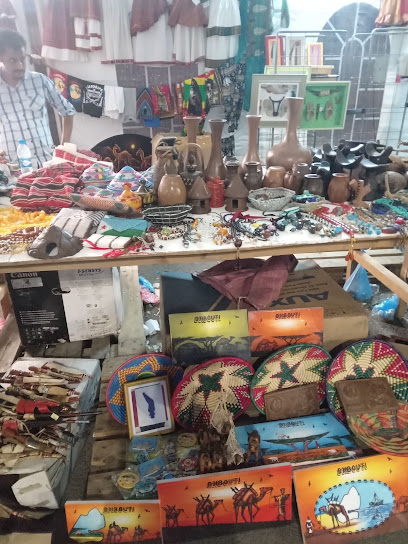
Boutique Adam Ebraahim
Boutique Adam Ebraahim: Your cozy coffee retreat in Dikhil, offering delightful brews and a welcoming atmosphere for travelers.
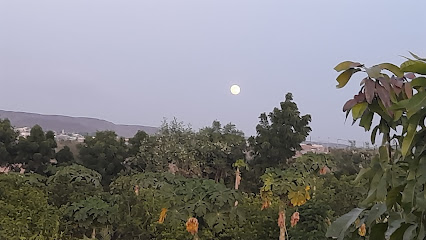
Ali Baba Treasures
Explore the vibrant gift shop of Ali Baba Treasures in Djibouti, where local craftsmanship meets unique souvenirs.
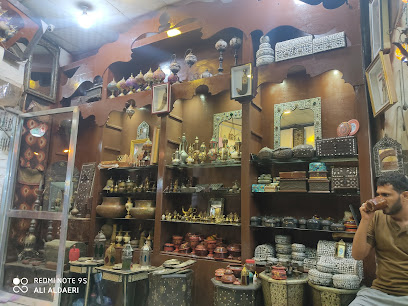
Boutique kadira
Explore Boutique Kadira in Arta for unique local crafts and souvenirs that embody the vibrant culture of Djibouti.

Magasin chez choli
Explore the rich culture of Djibouti at Magasin chez choli, a unique store in Ali Sabieh offering authentic local crafts and products.

The one shopping
Discover local craftsmanship and unique treasures at The One Shopping, Djibouti's premier gift shop and souvenir store.

Boulevard de gaule
Discover unique souvenirs and local crafts at Boulevard de Gaulle, a must-visit gift shop in Djibouti reflecting the region's rich culture.

Sacdiya sharaf
Explore the vibrant world of local crafts at Sacdiya Sharaf in Djibouti, where every gift tells a unique story.

Wally Shop
Discover stylish men's clothing at Wally Shop in Djibouti's vibrant city center, blending local fashion with modern trends.

Boutique de cheikh Osman
Discover unique posters at Boutique de cheikh Osman, a treasure trove reflecting Djibouti's vibrant culture and artistry, perfect for souvenirs.

Centre ville de dikhil
Explore the vibrant Centre ville de Dikhil, where local culture, shopping, and delightful cuisine create an unforgettable experience in Djibouti.

Essential bars & hidden hideouts
Melting Pot
Explore the vibrant culinary scene at Melting Pot in Djibouti, offering a diverse menu of seafood, sushi, steaks, and more in a lively setting.
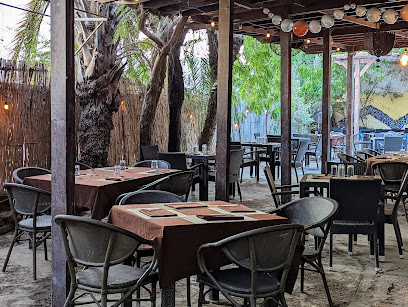
11 Degrees North
Discover the vibrant nightlife and local music scene at 11 Degrees North, a lively pub in the heart of Djibouti.
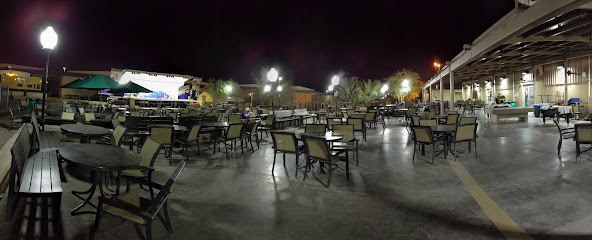
QG Pub & Resto
Experience the best of Djibouti's barbecue scene at QG Pub & Resto, where delicious food meets a vibrant atmosphere for an unforgettable night.
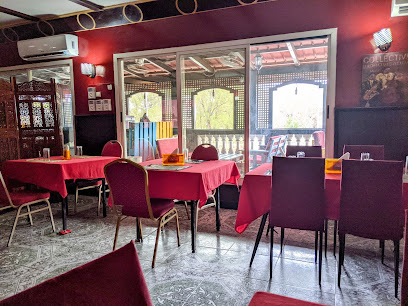
Timeout Restaurant and Sport Bar
Explore the vibrant culinary scene at Timeout Restaurant and Sport Bar, where local flavors meet international cuisine in a lively setting.
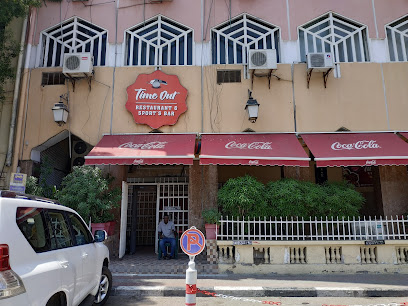
Restaurant L'Historil
Discover the vibrant flavors of East African cuisine at Restaurant L'Historil in Djibouti, where tradition meets taste in a welcoming atmosphere.
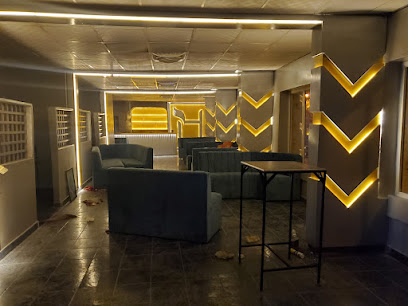
Cantina
Experience the vibrant nightlife at Cantina, a local bar in Djibouti offering a lively atmosphere and a diverse selection of drinks.

OKLM café
Discover the vibrant flavors and welcoming atmosphere of OKLM Café in Djibouti, where culinary delights meet local culture.
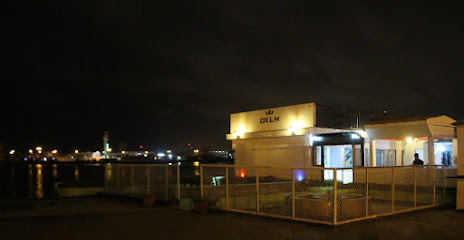
Safari Club Kempinski
Experience the vibrant nightlife at Safari Club Kempinski, a stylish bar in Djibouti perfect for unwinding with cocktails and live music.

Crystal Lounge Sheraton Djibouti
Indulge in culinary excellence at Crystal Lounge Sheraton Djibouti, where elegance meets vibrant nightlife and exquisite flavors.
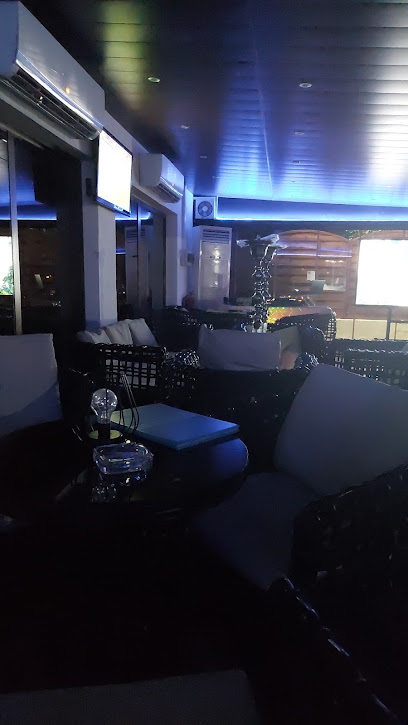
Mystic lounge & restaurant
Experience the flavors of Djibouti at Mystic Lounge & Restaurant, where local cuisine meets a vibrant atmosphere for an unforgettable dining experience.
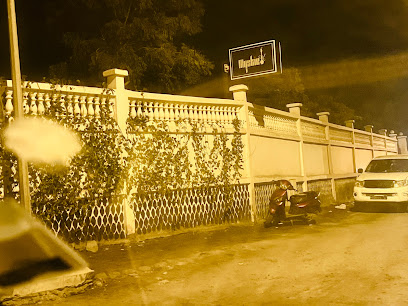
Boutique Adam Ebraahim
Experience the charm of Dikhil at Boutique Adam Ebraahim, where local culture meets exceptional coffee and pastries.
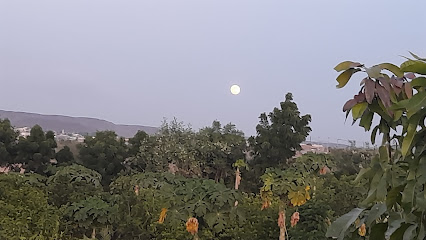
Pub Palmier Zink
Unwind at Pub Palmier Zink, a vibrant bar in Djibouti offering local and international drinks in a lively atmosphere.
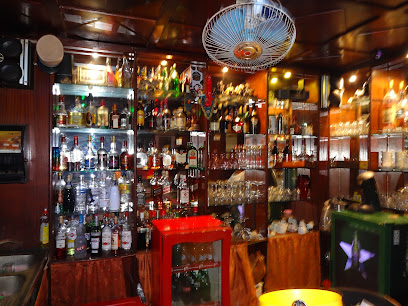
The Goat Locker
Experience the vibrant nightlife of Djibouti at The Goat Locker, a lively bar offering a unique blend of local and international flavors.

B B S Lounge (Bar By Sing's)
Discover B B S Lounge in Djibouti: A vibrant bar with a vast selection of drinks and shisha, perfect for a night out.

Local Phrases
-
- HelloSalaam
[sah-lahm] - GoodbyeMa'aas-salama
[mah-ahs sah-lah-mah] - YesEey
[ayy] - NoMaya
[mah-yah] - Please/You're welcomeMinfadlak
[meen-fahd-lahk] - Thank youShukran
[shook-rahn] - Excuse me/SorryAfwan
[ahf-wahn] - How are you?Kifa haluk?
[kee-fah hah-loo-k] - Fine. And you?Zayn. O ant?
[zayn. oh ahnt?] - Do you speak English?Hal tatakallam al-ingliziya?
[hahl tah-tah-kahl-lam ahl-een-glee-zee-yah] - I don't understandAna la afham
[ah-nah lah ahf-hahm]
- HelloSalaam
-
- I'd like to see the menu, pleaseAridu an ara al-qayima, min fadlik
[ah-ree-doo ahn ah-rah ahl-kah-yee-mah, meen fahd-leek] - I don't eat meatAna la akulu lahm
[ah-nah lah ah-koo-luh lahm] - Cheers!Fi sahetak!
[fee sah-hay-tahk] - I would like to pay, pleaseAridu an adfa', min fadlik
[ah-ree-doo ahn ah-dfah', meen fahd-leek]
- I'd like to see the menu, pleaseAridu an ara al-qayima, min fadlik
-
- Help!Musaid
[moo-sah-eed] - Go away!Ijha'
[ee-jhah'] - Call the Police!Iddu nida' al-shurta!
[eed-doo nee-dah' ahl-shoor-tah!] - Call a doctor!Iddu nida' al-tabib!
[eed-doo nee-dah' ahl-tah-beeb!] - I'm lostDha'ayt
[dha-ah-yt] - I'm illAna mareed
[ah-nah mah-reed]
- Help!Musaid
-
- I'd like to buy...Aridu an ashtar...
[ah-ree-doo ahn ahs-tahrr...] - I'm just lookingAna faqat atadhakkar
[ah-nah fah-kaht ah-tah-dhah-kahr] - How much is it?Kam thamanuha?
[kahm thah-mah-noo-hah?] - That's too expensiveHadha ghali jiddan
[hah-dhah gha-lee jeed-dahn] - Can you lower the price?Hal tastati' tanzil al-si'r?
[hahl tah-stah-tee' tahn-zeel ahl-seer?]
- I'd like to buy...Aridu an ashtar...
-
- What time is it?Kam as-sa'a?
[kahm ahl-sah-ah?] - It's one o'clockHiya al-wahida
[hee-yah ahl-wah-hee-dah] - Half past (10)Nisf min al-'ashara
[neessf meen ahl-ah-shah-rah] - MorningSabaah
[sah-baah] - AfternoonDuhur
[doo-hoor] - EveningMasaa
[mah-sah-ah] - YesterdayAl-bareh
[ahl-bah-reh] - TodayAl-yawm
[ahl-yawm] - TomorrowGhadan
[gha-dahn] - 1Wahid
[wah-heed] - 2Itnin
[eet-neen] - 3Thalatha
[thah-lah-thah] - 4Arba'a
[ahr-bah-ah] - 5Khamsa
[kham-sah] - 6Sitta
[sit-tah] - 7Sab'a
[sah-bah-ah] - 8Thamaniya
[thah-mah-nee-yah] - 9Tis'a
[tees-ah] - 10Ashara
[ah-shah-rah]
- What time is it?Kam as-sa'a?
-
- Where's a/the...?Ayna...
[ay-nah...] - What's the address?Ma huwa al-endiriss?
[mah hoo-wah ahl-en-dee-rees?] - Can you show me (on the map)?Hal tastati' an turiyani (ala al-khariita)?
[hahl tah-stah-tee' ahn too-ree-yah-nee (ah-lah ahl-kah-ree-tah)?] - When's the next (bus)?Mata huwa at-tariq al-qadima?
[mah-tah hoo-wah aht-tah-reeq ahl-kah-dee-mah?] - A ticket (to ....)Tathkira (ila ....)
[tahth-kee-rah (ee-lah ....)]
- Where's a/the...?Ayna...
History of Dikhil
-
Dikhil has long been a vital waypoint in the ancient caravan routes that crisscrossed the Horn of Africa. These trade routes connected the interior of the continent with the Red Sea and beyond, bringing goods such as spices, textiles, and precious stones through Dikhil. The town's strategic location made it an essential hub for merchants and travelers for centuries.
-
During the late 19th and early 20th centuries, Dikhil became part of French Somaliland, a French colony. The colonial period brought infrastructural development to the region, including roads and communication lines, which further integrated Dikhil into the broader economic network of French East Africa. The influence of French culture and administration can still be seen in some of the older buildings and local customs.
-
Djibouti gained independence from France in 1977, and Dikhil has since evolved as part of the young nation. The post-independence era saw efforts to modernize the town and improve the living standards of its residents. Infrastructure projects such as the construction of schools, healthcare facilities, and improved road networks have been significant milestones in Dikhil’s development.
-
Dikhil is a melting pot of various ethnic groups, including the Afar and Somali communities. This diversity is reflected in the town’s vibrant cultural heritage, from traditional music and dance to local crafts and cuisine. Festivals and community gatherings are an integral part of life in Dikhil, celebrating the town’s rich cultural tapestry.
-
The region around Dikhil is an archaeological treasure trove, with numerous sites that offer insights into the prehistoric and ancient history of the Horn of Africa. Archaeological expeditions have uncovered tools, pottery, and remnants of ancient settlements, providing a glimpse into the lives of the early inhabitants of the area.
Dikhil Essentials
-
Dikhil is located in the southern part of Djibouti. The nearest international airport is Djibouti-Ambouli International Airport in Djibouti City, approximately 120 kilometers away. From Djibouti City, you can take a taxi or a shared minibus to Dikhil. The journey typically takes around 2 to 3 hours by road. Alternatively, you can arrange for a private transfer with local tour operators.
-
Dikhil is a small town, and many of its attractions are within walking distance. For longer trips, local taxis are available, although they may not be metered, so it's advisable to agree on a fare beforehand. Shared minibuses (known locally as 'bush taxis') operate within the town and to nearby villages. Renting a car can also be a convenient option for exploring the surrounding areas at your own pace.
-
The official currency in Djibouti is the Djiboutian Franc (DJF). Credit cards are not widely accepted in Dikhil, so it is important to carry cash. ATMs are limited, and it is advisable to withdraw sufficient cash in Djibouti City before traveling to Dikhil. Currency exchange services are also scarce in Dikhil, so plan accordingly.
-
Dikhil is generally a safe destination for tourists. However, like any travel destination, it is advisable to take standard precautions. Avoid walking alone at night in unfamiliar areas and keep an eye on your belongings in crowded places. There are no specific high-crime areas targeting tourists, but it is always best to stay vigilant and aware of your surroundings.
-
In case of emergency, dial 17 for the police, 18 for the fire department, and 19 for medical emergencies. The local police station and medical facilities are available in Dikhil. It is recommended to have travel insurance that covers medical emergencies. For minor health issues, there are pharmacies in the town where you can purchase over-the-counter medications.
-
Fashion: Do dress modestly, especially in public and religious sites. Avoid wearing revealing clothing. Religion: Do respect local customs and traditions. Always remove your shoes when entering mosques. Public Transport: Do be respectful and give up your seat to elderly passengers. Don't eat or drink on public transport. Greetings: Do greet people with a handshake. A slight bow of the head is also a sign of respect. Eating & Drinking: Do try local delicacies and accept food offerings graciously. Don't refuse hospitality, as it is considered impolite.
-
To experience Dikhil like a local, visit the local markets where you can buy fresh produce and traditional Djiboutian goods. Engage with locals, as they are often friendly and willing to share stories about the town's history and culture. Don't miss visiting the nearby Lake Abbe, known for its surreal landscape and hot springs. For a unique experience, consider attending a traditional dance performance or local festival.
Nearby Cities to Dikhil
-
Things To Do in Ali Sabieh
-
Things To Do in Arta
-
Things To Do in Tadjoura
-
Things To Do in Djibouti City
-
Things To Do in Loyada
-
Things To Do in Obock
-
Things To Do in Dire Dawa
-
Things To Do in Harar
-
Things To Do in Hargeisa
-
Things To Do in Aden
-
Things To Do in Ibb
-
Things To Do in Lalibela
-
Things To Do in Mekele
-
Things To Do in Dhamar
-
Things To Do in Addis Ababa







